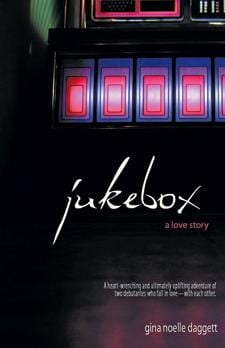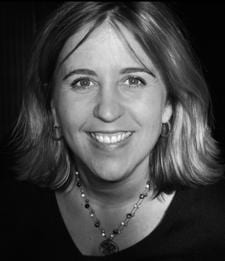
The Toronto Comic Arts Festival will feature José Villarrubia (above) and the launch of Usamaru Furuya's robosexual manga Lychee Light Club.
Comic books have a history of severe censorship, and gay comics have been especially vulnerable.
Because of their reputation as a medium aimed at children, comic books have suffered extreme scrutiny. In 1954, the Comics Magazine Association of America created the Comics Code Authority, meant to monitor depictions of gore, sex and crime in the growing industry. Not surprisingly, its complete ban on any depiction of homosexuality, positive or negative, was not officially revised until 1989.
“We were censored out of the industry and the medium,” says Scott Robins, an event coordinator for the upcoming Toronto Comic Arts Festival. “But even if gay creators were closeted, they weren’t going anywhere. There was gay subtext everywhere, but hidden. Now we look back and think, ‘Wow, why didn’t I see that before?’“
Despite the pink scare, which persisted until alternative cartoons emerged defiantly in the 1980s, queer content is plentiful at TCAF, which takes place the weekend of May 7 and 8 at the Toronto Reference Library.
One event in particular seeks to revisit the coded messages that were present even in comics released during periods of harsh censorship: the Saturday night mixer at Crews & Tangos, TCAFabulous! The event will feature some panel-on-panel action, as guests tear apart hidden, humorous and unintentionally sexual overtones in classic comic imagery.
But don’t think it will be all serious.
“It’s a fun time for people to enjoy themselves, meet some queer cartoonists and maybe meet other gay comics fans as well,” says Robins, who will host the evening.
“The audience for [lesbian, gay, bi and trans] comics is growing and growing, even in the bad economy we’re in,” says Zan Christensen, founder of both Prism Comics — a non-profit that promotes lesbian, gay, bisexual and transgender comic artists — and Northwest Press, the only expressly queer comic publisher. The year-old company has already garnered significant attention. This year two of its titles, Jon Macy’s Teleny and Camille and Justin Hall’s Glamazonia: The Uncanny Super-Tranny, were finalists for the Lambda Literary Awards.
“It’s succeeded far beyond what I expected,” says Christensen.
Christensen will be joined on the panel by cartoonist Erika Moen, local superstar illustrator Maurice Vellekoop and colourist José Villarrubia.
Opportunities are expanding, not just for creators, but also for representations of marginalized characters in comics.
“The new Batwoman series is a good example,” says Villarrubia. “It’s very carefully considered. It actually has to do with what it is like to be gay in society, instead of just making a politically correct gesture.”
Both Christensen and Villarrubia will participate in a daytime panel on May 7 called This Comic Isn’t About Me, which deals with how representation and identity can affect readers’ approaches to comics.
“We often put ourselves into these categories and then miss out on great stuff. Seeking that affinity we have for people who are like us can be important when you need affirmation. But we’re approaching a society where we don’t need to latch on to those identities as much,” Christensen says.
Beyond these two events, this year’s festival is rife with queer projects, artists and readers.
“We have a stunning array of debut books this year,” says Robins. “I think as a reaction to conservative governments in the US and Canada, people really want to bring sexual ideas to the forefront. We’ve got everything from amateur porn zines to books that directly engage with sex and sexuality in a very positive way.”
TCAF will also highlight Usamaru Furuya’s robosexual manga Lychee Light Club, about a group of sadistic lesbian preteens, and Philippe Girard brings us a complex tale of abuse and scandal with Killing Velasquez.

 Why you can trust Xtra
Why you can trust Xtra


